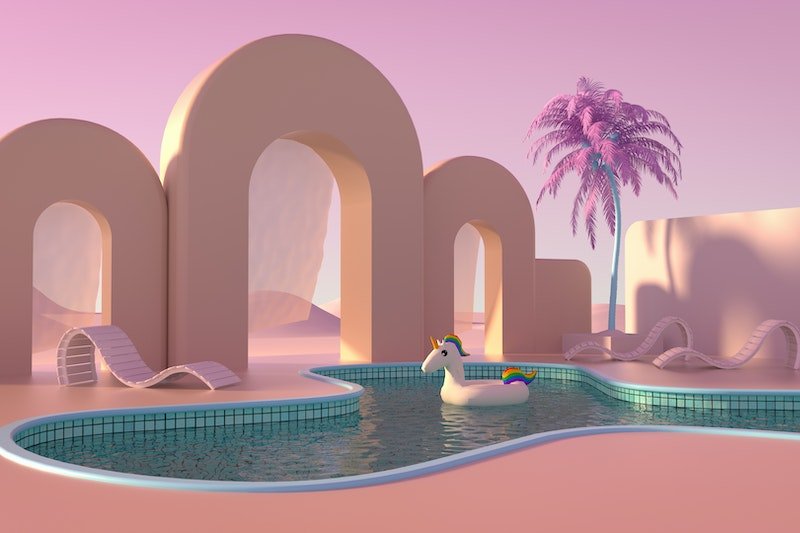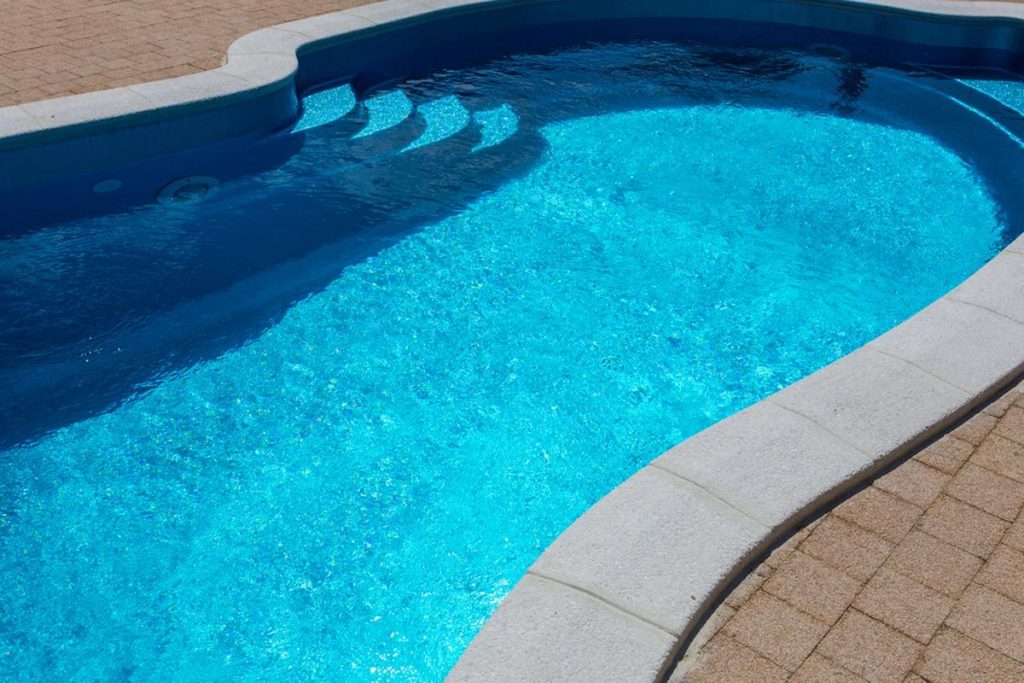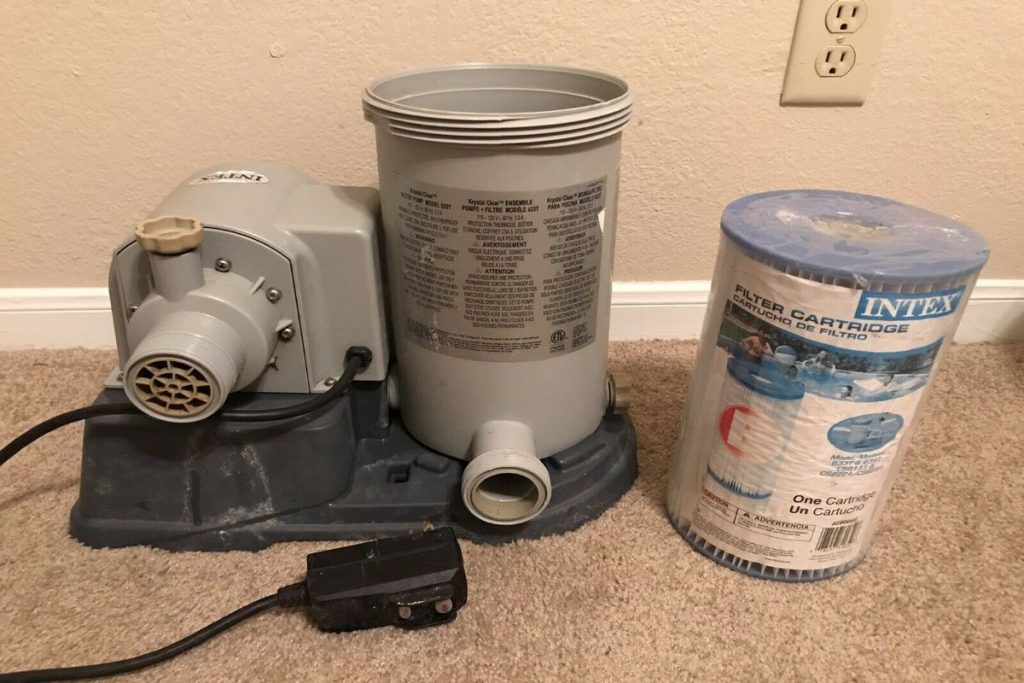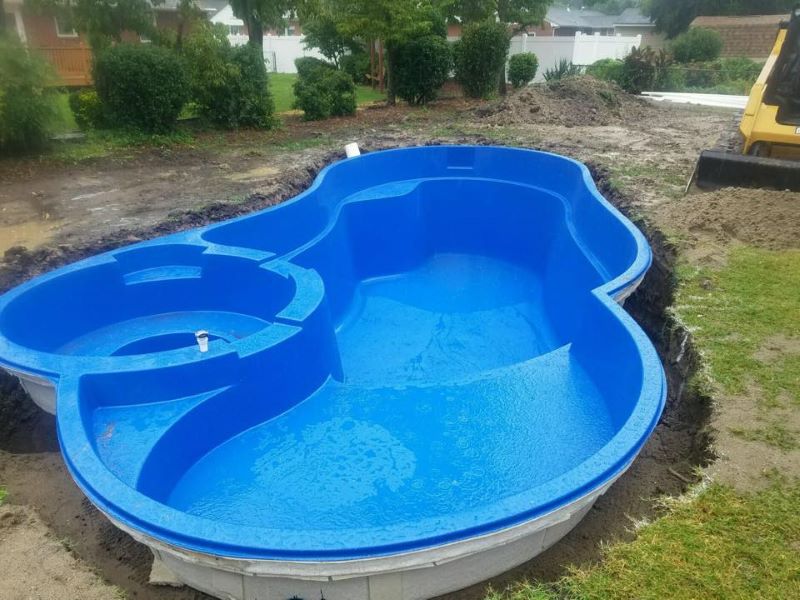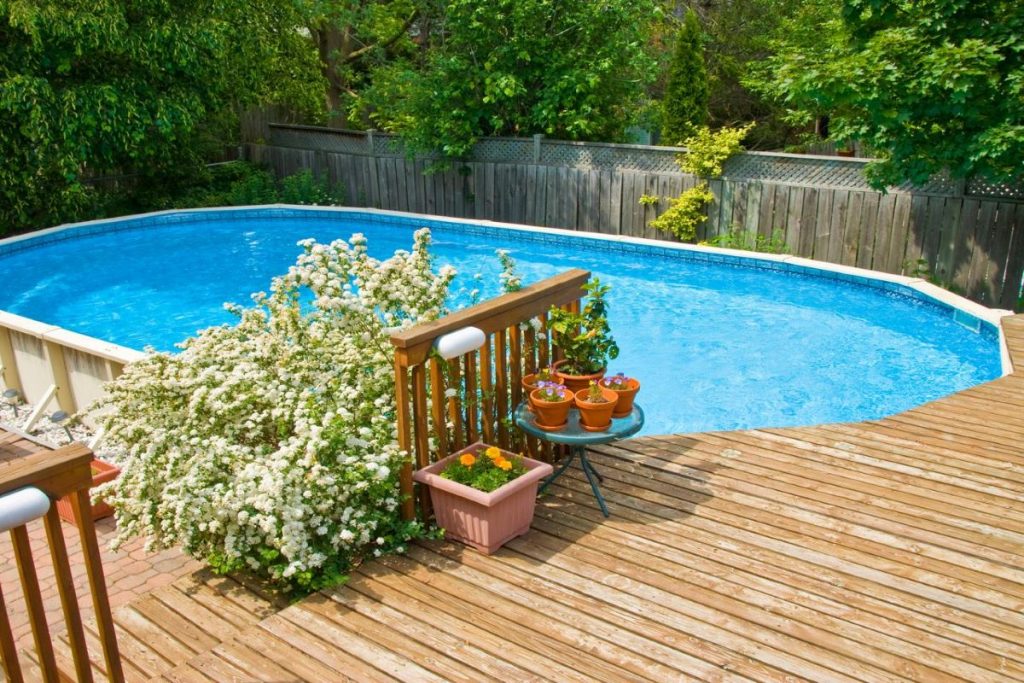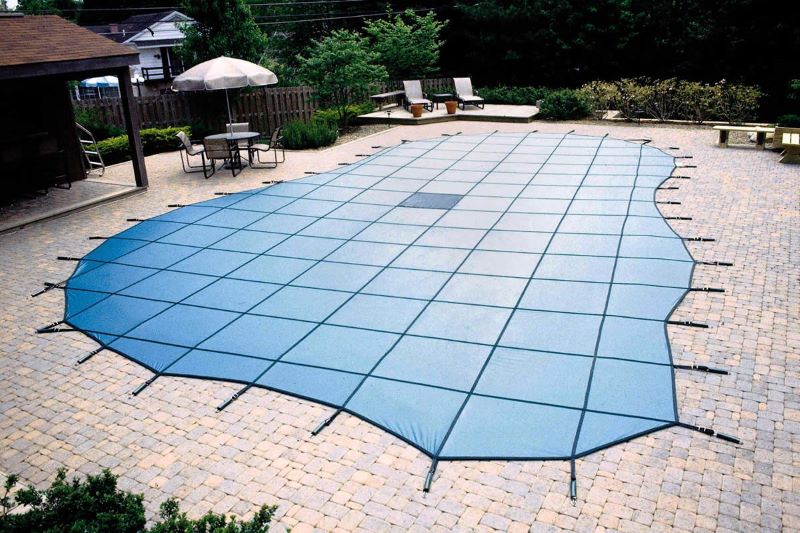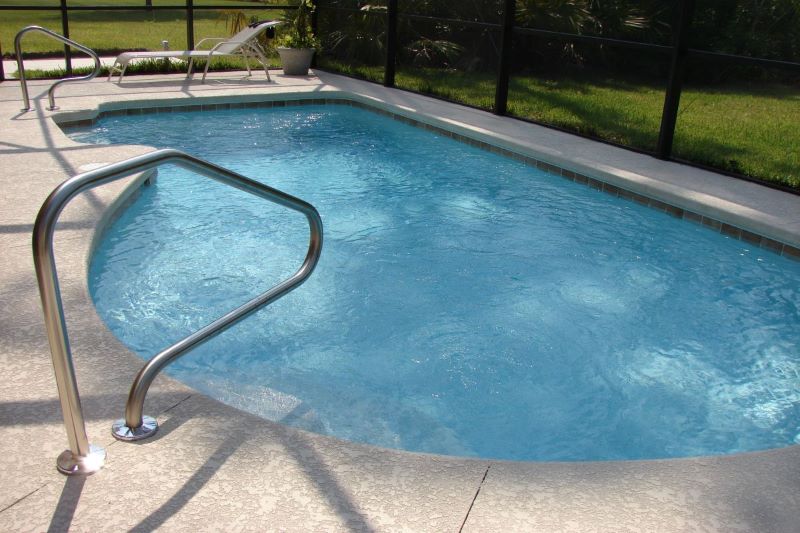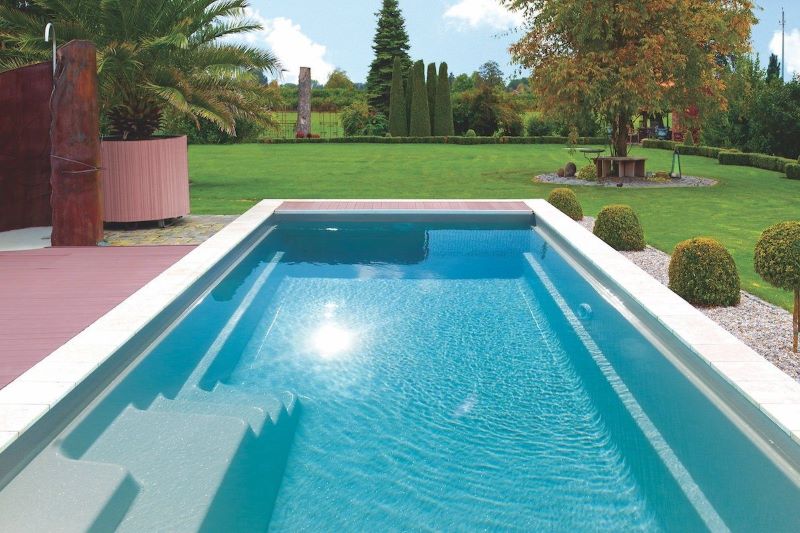Table of Contents
If you’re considering installing a swimming pool in your backyard, one of the first things you’re likely wondering is, “how much does it cost to have a pool installed?” The answer, of course, depends on several factors, including the size and type of pool you want, the location of your property, and the features you choose to include. In this article, we’ll explore the ins and outs of pool installation costs, as well as some tips for building a pool on a budget and other important considerations to keep in mind.
Do I need a building permit for a swimming pool?
The answer to this question varies depending on where you live. In most cases, if you’re installing an inground swimming pool, you’ll need to obtain a building permit from your local government. This permit ensures that your pool is built to code and is safe for use. Some municipalities also require additional permits or inspections, such as electrical or plumbing permits. It’s important to check with your local government to find out what permits are required in your area before you begin construction.
How do you build a swimming pool on a budget?
Swimming pool installation costs can quickly add up, but there are several ways to keep your costs down. One option is to choose a smaller pool size. The larger the pool, the more expensive it will be to install. Another option is to choose a vinyl or fiberglass pool, which tends to be less expensive than a concrete pool. You can also save money by doing some of the work yourself, such as excavating the pool site or handling the landscaping around the pool.
What is the cheapest inground pool cost?
The cost of an inground pool can vary widely depending on several factors, including the type of pool you choose, the size of the pool, and the features you include. The cheapest inground pool cost is typically for a small vinyl or fiberglass pool without any additional features. You can expect to pay anywhere from $20,000 to $40,000 for a basic inground pool installation.
What is a good size swimming pool?
The size of your swimming pool will depend on your individual needs and preferences, as well as the size of your backyard. A good size for a family pool is typically between 400 and 600 square feet, which can comfortably accommodate several swimmers at once.
What type of pool is the cheapest to build?
Vinyl and fiberglass pools tend to be less expensive to install than concrete pools. A vinyl pool typically costs between $20,000 and $40,000, while a fiberglass pool can cost anywhere from $25,000 to $45,000. Concrete pools are typically the most expensive option, with costs ranging from $30,000 to $60,000 or more.
What is the cheapest pool design?
The simplest pool design is typically the cheapest. A rectangular or oval-shaped pool without any additional features, such as a hot tub or waterfall, will be the most affordable option.
What do I wish I knew before building a pool?
Before you begin the process of building a pool, there are several important things to keep in mind. First, consider the maintenance and upkeep costs associated with owning a pool. You’ll need to budget for regular cleaning, chemical treatments, and repairs. You’ll also need to consider the impact that a pool will have on your property value and insurance costs.
What is a budget pool?
A budget pool is a pool that is designed to be affordable and cost-effective. This might mean choosing a smaller pool size, a vinyl or fiberglass pool, or doing some of the work yourself. A budget pool can still be a great addition to your backyard and provide you with years of enjoyment.
What time of year are pools cheapest?
The cost of installing a pool can vary depending on the time of year. Generally, pool installation costs are cheapest during the off-season, which is typically in the fall and winter months. During this time, many pool contractors have less work and may offer discounts or promotions to attract customers. However, it’s important to keep in mind that installing a pool in the winter may also mean that you won’t be able to use it until the following summer, which may be a downside for some homeowners.
Are smaller pools cheaper?
In general, smaller pools are less expensive to install than larger pools. This is because they require less material, labor, and excavation work. Additionally, smaller pools may require less maintenance and fewer chemicals, which can save you money in the long run. However, keep in mind that smaller pools may not be as functional or versatile as larger pools, so it’s important to consider your individual needs and preferences when choosing a pool size.
What type of pool construction is best?
The best type of pool construction will depend on your individual needs and preferences, as well as your budget. Vinyl and fiberglass pools are typically less expensive to install and require less maintenance than concrete pools. However, concrete pools are more durable and customizable and can be designed to fit any shape or size. Ultimately, the best pool construction type for you will depend on your individual circumstances.
What costs the most when building a pool?
The cost of building a pool can be broken down into several categories, including excavation, materials, labor, permits, and additional features. Excavation and materials tend to be the largest expenses, accounting for up to 60% of the total cost. Labor costs can also add up quickly, especially if you’re hiring a professional pool contractor. Additional features, such as a hot tub, waterfall, or slide, can also significantly increase the overall cost of your pool installation.
How can I save money on pool construction?
There are several ways to save money on pool construction, including:
- Choose a smaller pool size
- Opt for a vinyl or fiberglass pool
- Do some of the work yourself, such as excavation or landscaping
- Choose a simple pool design without additional features
- Shop around for the best prices on materials and labor
- Install the pool during the off-season when prices may be lower.
What are the disadvantages of having a pool?
While owning a pool can be a great source of entertainment and relaxation, there are also several disadvantages to keep in mind. First, pools require regular maintenance and upkeep, which can be time-consuming and expensive. Additionally, pools can be a safety hazard, especially for young children or non-swimmers. Pools may also increase your insurance costs and property taxes, and can impact the resale value of your home.
Do pools waste a lot of water?
Pools do require regular water replacement due to evaporation, splashing, and backwashing. However, the amount of water wasted can be minimized through regular maintenance and the use of a pool cover to reduce evaporation. Additionally, many pool owners choose to use water-saving features, such as a recirculation system or rainwater harvesting, to reduce water usage.
What is the typical residential pool size?
The typical residential pool size can vary depending on the region and individual preferences. However, a common size range for residential pools is between 400 and 600 square feet, with a depth of around 5 to 6 feet. Larger pools may be suitable for larger properties or for those who plan to use the pool for swimming laps or hosting large gatherings.
Conclusion
Installing a pool can be a great addition to any home, but it’s important to consider the costs and options before diving in. Factors such as pool size, construction type, additional features, and maintenance requirements can all impact the overall cost and long-term investment of owning a pool. By researching your options, working with a professional pool contractor, and considering your individual needs and budget, you can find the right pool for your home.
